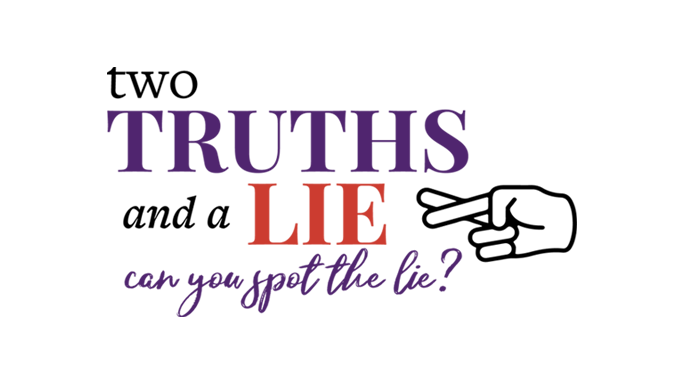Everyone loves the party game “Two Truths and a Lie,” where among three statements, you have to guess which one is false.
Can you guess which of these three statements about school discipline is not true?
A. Restorative Justice (RJ) discipline reform – a technique that discourages or even jettisons traditional consequences like suspension, expulsion, and referral to law enforcement for crimes – is being forced on families, schools, and communities by a top-down approach.
B. This discipline reform is making schools less safe and hurting academic achievement.
C. Teachers support RJ-style discipline policies over traditional consequences like suspensions.
Let’s see how you did!
A. TRUE! In 2014, the Obama administration issued a “Dear Colleague” letter, informing school districts across America that they would be subject to Department of Education investigation if their traditional discipline policies resulted in racial disparities in suspension rates, even if the policies were neutral and equally applied. Hundreds of investigations took place in America’s largest school districts, many of them ending with an agreement to implement RJ reform. These investigations, and the related changes to discipline policies, were mostly made without input or knowledge from parents, and in some cases, even the elected school board.
Because school choice is still severely limited in most states, many parents whose children have experienced the negative consequences of lax discipline policies have had trouble even getting information from the school district, and don’t have the financial option to send their children to another, safer school.
Teachers and principals, who actually know and interact with students every day, are better positioned to judge when an infraction should result in more serious consequences like suspension, and when talking it out or addressing root causes will be effective. The top-down implementation of discipline reform has circumvented the people best equipped to make those judgement calls.
B. TRUE! One in three families worries about their child’s safety at school. That’s an unacceptable violation of the trust parents place in the education system to keep students safe.
School climate surveys show that after RJ-style reforms were implemented in districts across America, students felt less safe, and saw more fights, violence, drugs, and gang activity at school. Proponents of restorative justice point to declining suspension rates as evidence that the reforms are working, but those could also be because teachers and principals are being discouraged from implementing these consequences despite ongoing misbehavior.
Additionally, in districts where RJ-style discipline reform was implemented, student achievement suffered, especially among low-income students and students of color. For example, in Philadelphia, African-American students spent more days outside school after reforms due to the general decline in school culture and a rise in more serious incidents. In Los Angeles, math achievement dropped from the 50th to 32nd percentile after implementation of discipline reform.
C. FALSE! While national teachers’ unions are in favor of RJ discipline reforms, teacher surveys, mostly administered by less-political local union chapters, tell a different story.
In cities like Oklahoma City and Baton Rouge, a large majority of teachers say that offending behavior and violence has increased since the implementation of RJ. In California and Florida, more than 60 percent of teachers say the reforms don’t work and don’t improve school climate.
“We had more fights in the first nine weeks [with the new discipline system] than we had in the last five years,” reported one OKC teacher.
Learn more about the unintended consequences of school discipline reform here.

